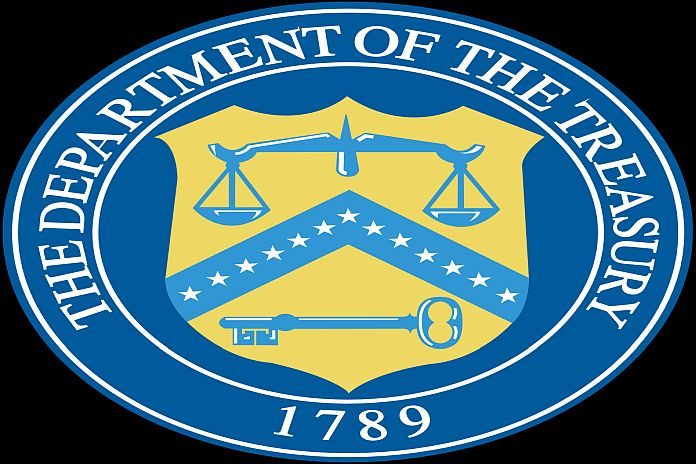WASHINGTON, USA – Consistent with the direction from G7 leaders, we are taking action and enhancing coordination on our dynamic domestic and international policy efforts to respond to the global health, economic, and financial impacts associated with the spread of the coronavirus disease 2019 (COVID-19). Collectively, G7 nations have already enacted a wide-ranging set of health, economic, and financial stability measures. We will do whatever is necessary to restore confidence and economic growth and to protect jobs, businesses, and the resilience of the financial system. We also pledge to promote global trade and investment to underpin prosperity.
Our nations are working together to fight the COVID-19 outbreak and mitigate its impact, treat those affected, and prevent further transmission. G7 finance ministries are helping advance this effort by providing the funding needed to respond to the situation. In particular, we recognize the urgent need to increase support for the rapid development, manufacture, and distribution of diagnostics, therapeutics, and a vaccine for COVID-19. We are providing bilateral and multilateral assistance to strengthen foreign governments’ prevention efforts and their health and emergency response systems.
The G7 is committed to delivering the fiscal effort necessary to help our economies rapidly recover and resume the path towards stronger and more sustainable economic growth. Alongside our nations’ efforts to expand health services, G7 finance ministries are undertaking, and recommend all countries undertake, liquidity support and fiscal expansion to mitigate the negative economic impacts associated with the spread of COVID-19.
We have each quickly introduced substantial and complementary packages of measures to help companies remain in business and keep people in jobs through this period of economic disruption. We are cooperating closely to share experiences and strategies so that we may effectively target our efforts to support our citizens and businesses. We are instituting new policies such as providing assistance for employment, telework, and vulnerable populations and expanding access to childcare and unemployment benefits. We are also providing liquidity enhancements, guarantees, subsidized loans, tax deferrals, and loan repayment deferrals and, where appropriate, grants for affected companies, especially small and medium-sized businesses.
G7 central banks are taking exceptional action, consistent with their mandates, to put in place a comprehensive package of monetary policy measures to support economic and financial stability. We are taking actions to improve liquidity and overall market functioning of the financial system, including through swap lines among our central banks and with those of other nations. We pledge to maintain expansionary policies for as long as needed and stand ready to take further action, using the full range of instruments consistent with our mandates. G7 central banks and finance ministries will maintain close contact, regularly sharing information on economic and financial developments, to inform the response to COVID-19.
The global financial system today is in a better position to withstand shocks, maintain market functioning, and sustain the supply of financing to support the real economy because of reforms since the global financial crisis. We will stay vigilant and take necessary steps to ensure that the financial system can continue to support the economy, including by working with other relevant regulators and supervisors to release available capital and liquidity buffers, making use of the flexibility within existing international standards, and working with the private sector to address operational challenges. We encourage financial institutions to use this flexibility to address the financial needs of consumers and firms harmed by COVID-19.
We recognize that disruptions to global supply chains caused by COVID-19 could further exacerbate the economic and health fallout. We support our trade ministries’ efforts to address the disruptions to international trade, logistics, and market uncertainty resulting from the pandemic. We call on oil-producing countries to support international efforts to promote global economic stability.
We support efforts by the International Monetary Fund (IMF) and the World Bank to address their members’ economic and health needs. We will work with international financial institutions to implement swiftly an ambitious, coherent, and consistent response to the human cost and economic challenges posed by COVID-19. This includes providing flexible and timely policy advice, technical assistance, and emergency financing, including through the IMF’s overall lending capacity of around $1 trillion. We encourage them to address any gaps in their toolkits building upon existing instruments and expertise. As a near-term measure, we stand ready to contribute further resources to multilateral efforts aimed at helping the most vulnerable and least developed countries.
Consistent with the direction from the G7 leaders, finance ministries will coordinate on a weekly basis on the implementation of these measures and take further timely and effective actions.





